Autism Spectrum Disorders
Autism Spectrum Disorder (ASD) is a complex neurological and developmental disorder. Investigating the representation of Autism Spectrum Disorders (ASD) in animal behavior helps us to increase our understanding of the parallels between human symptoms and animal models, providing insight into the complexities of ASD.
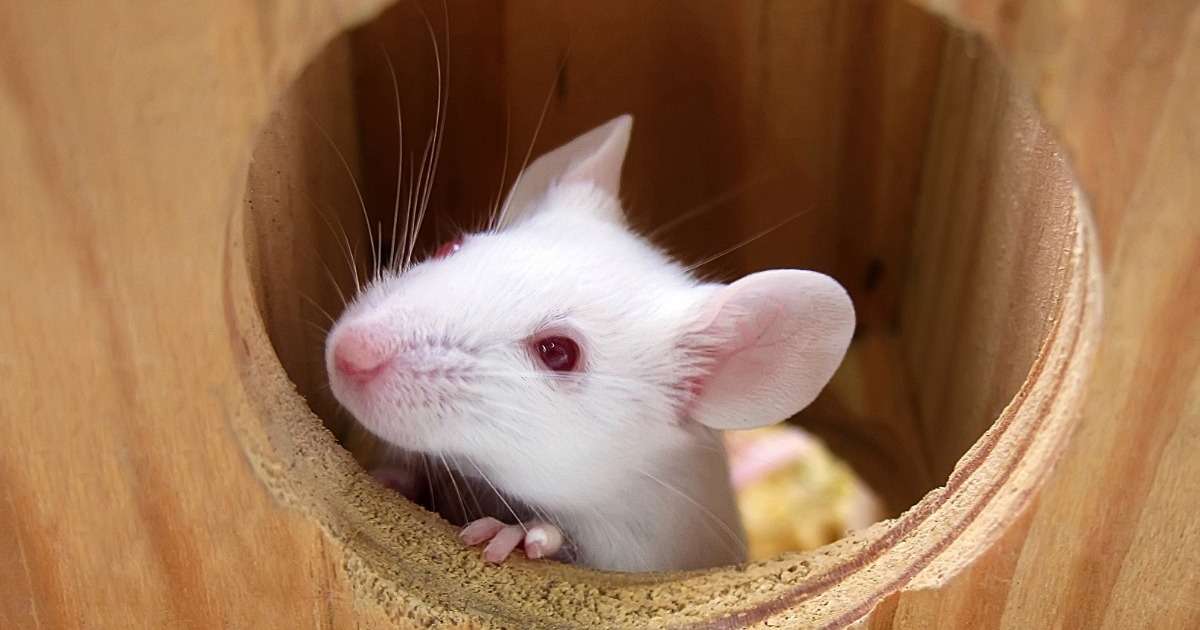
Environmental enrichment rescues autistic-like behaviors in mice
A recent mice study from The Scripps Research Institute shows that behavioral therapy might still be successful in later diagnosis of ASD with macrocephaly, laying groundwork for successful late interventions.
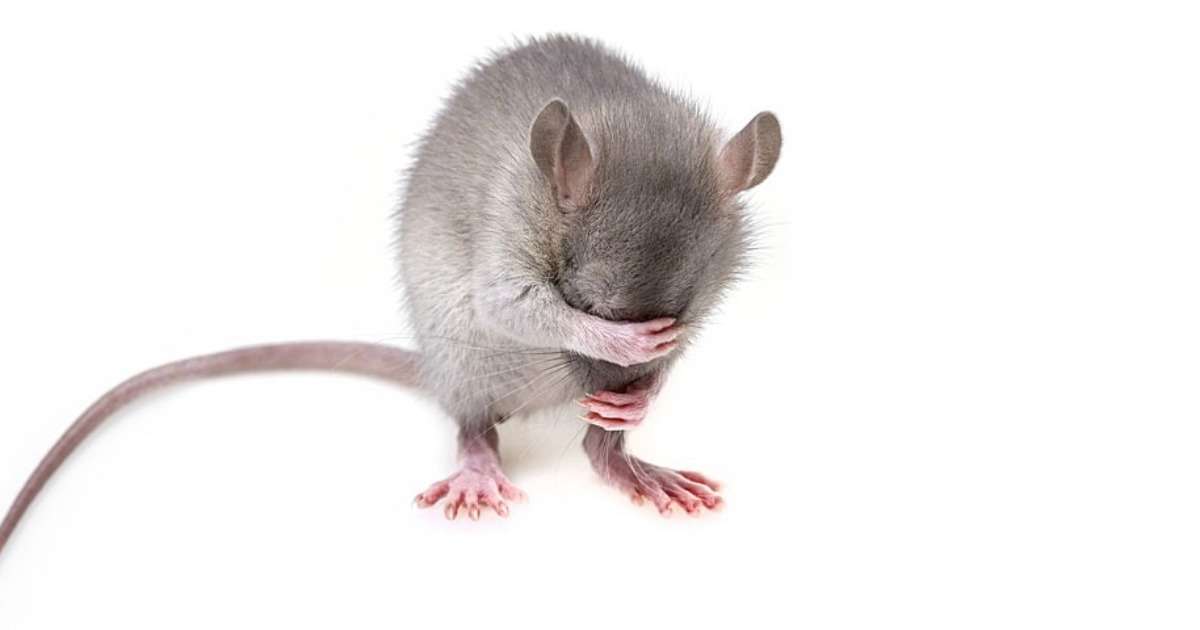
Gut microbes: both cause and cure of autism?
Gut microbes can increase or decrease typical autism spectrum disorder behavior (stereotypies, social behavior, locomotion, and communication) via metabolites and influencing alternative gene splicing.
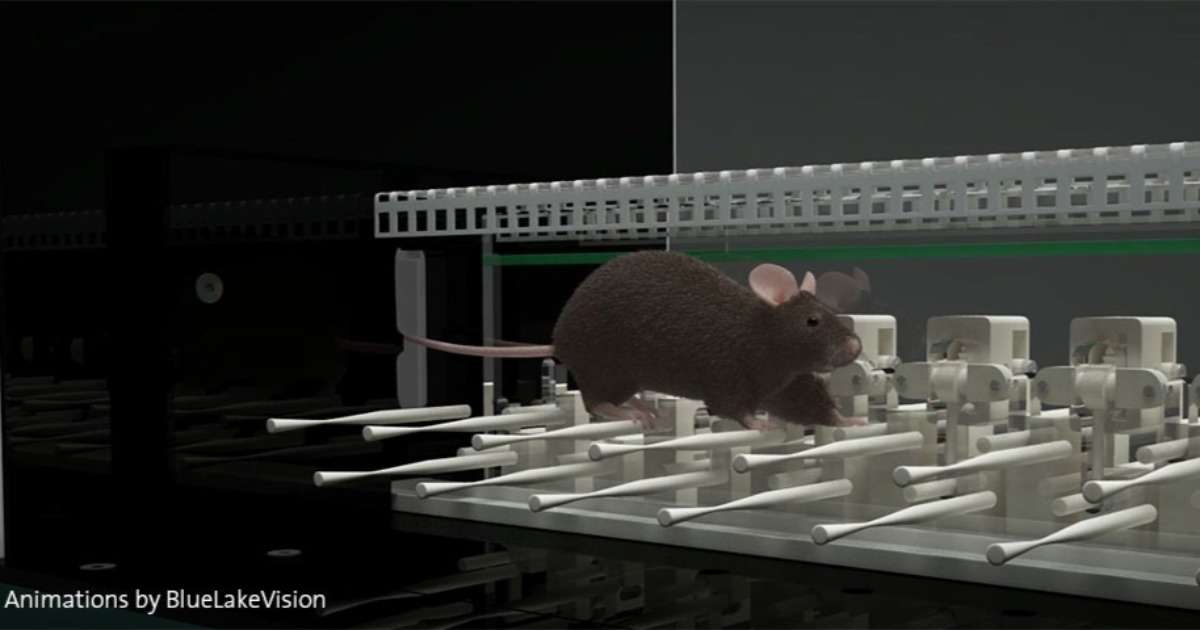
Autistic mice have motor learning difficulties specific to the cerebellum
Autism is often associated with social behavior deficits and repetitive behaviors. However, motor abnormalities are also a part of the behavioral spectrum. Recent studies have implicated the cerebellum.
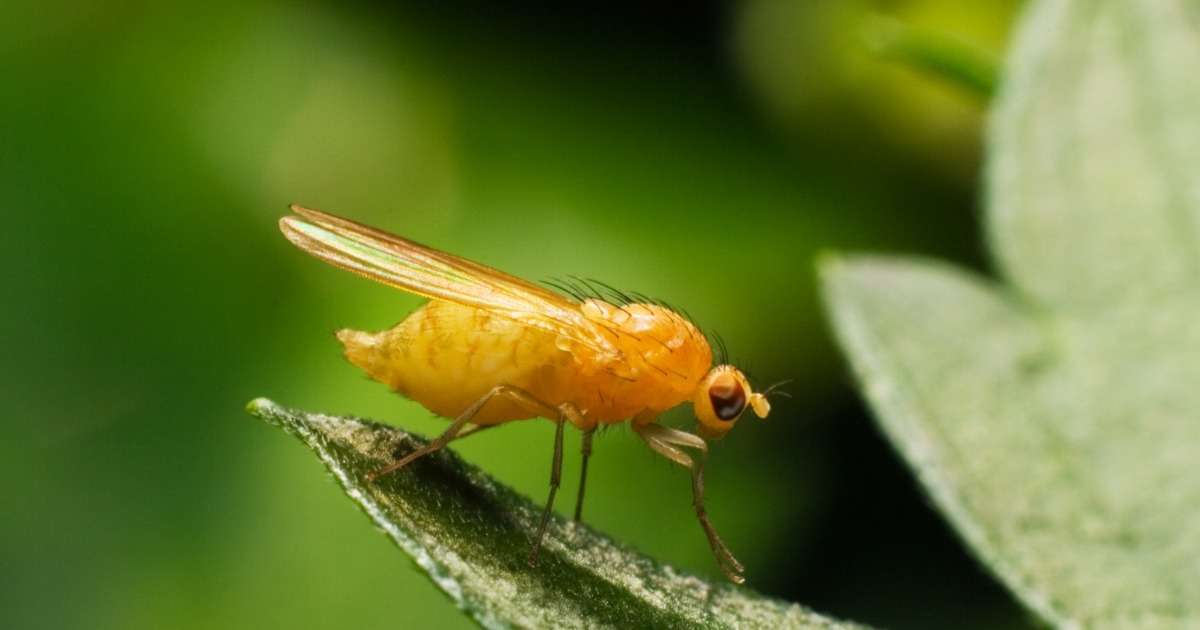
How autistic fruit flies behave
The number of children diagnosed with developmental disorders has increased exponentially in the past 20 yearschemicals such as BPA have been under investigation lately.
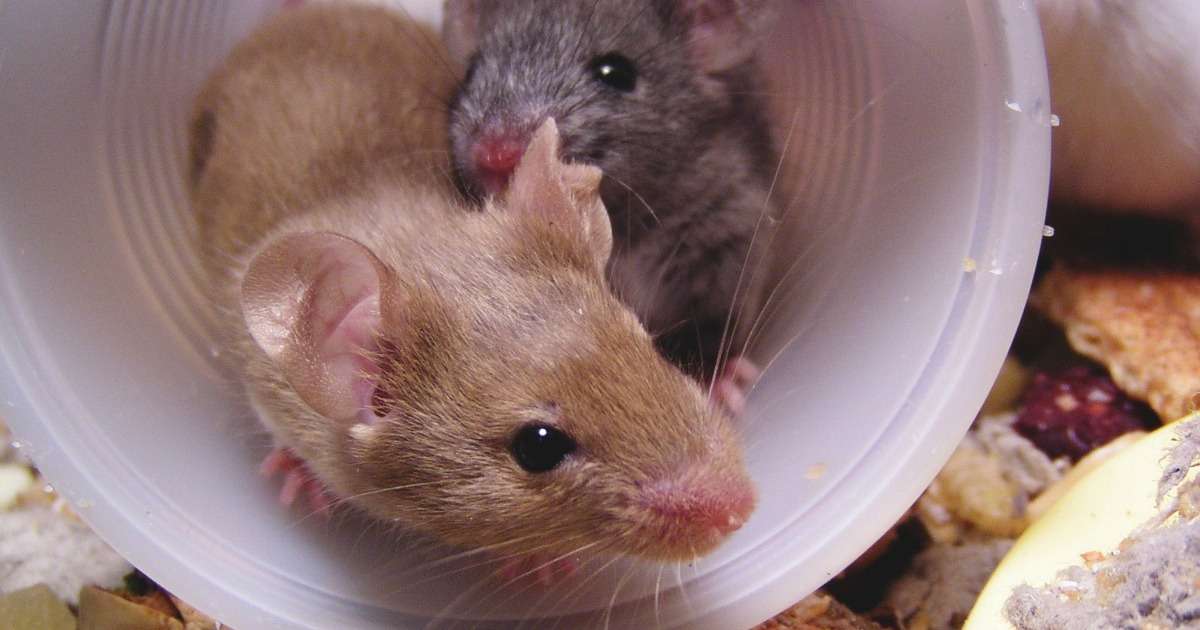
How males and females are different: can this explain autism?
Women and Venus, men and Mars, right? In mice, the establishment of social hierarchies is sex-dependent.

Are there objective tests for predicting autism severity?
Some disorders cannot simply be diagnosed with a blood test or tissue-culture. Autism Spectrum Disorder (ASD) is a good example; its diagnosis relies upon behavioral tests and questionnaires.
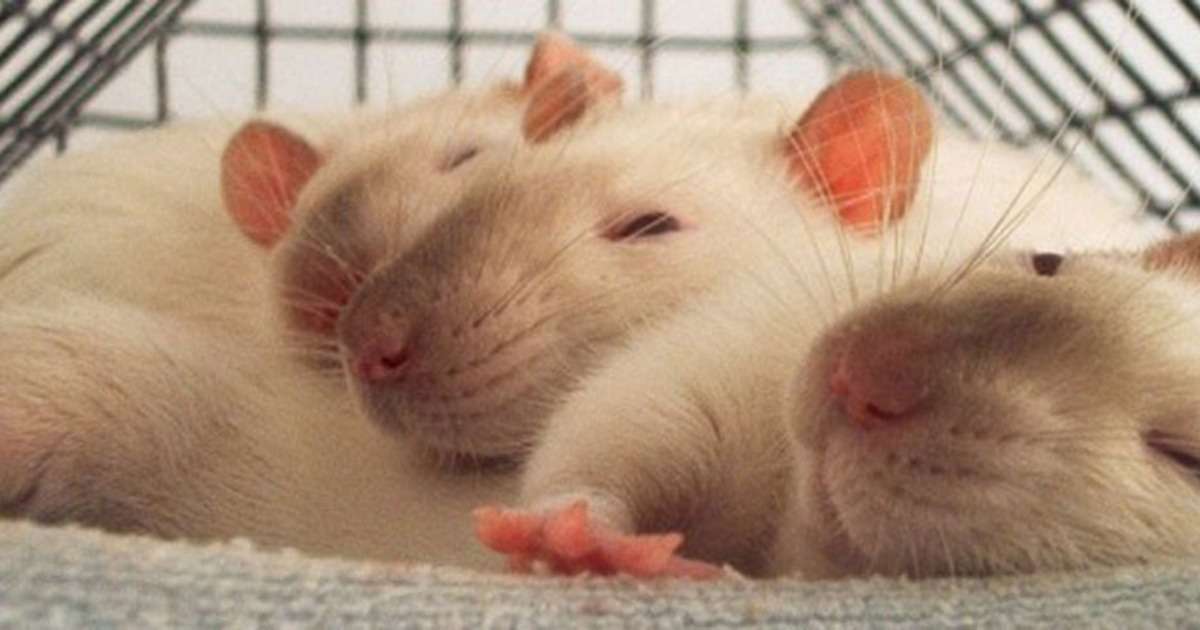
The search for autism models continues - why rats are important
Autism (ASD) continues to be an important topic in scientific research. Although finding the actual cause of ASD is still years away, there have been several studies that point to a strong genetic component.

Can a food preservative increase symptoms of autism?
Autism spectrum disorder (ASD) has a strong genetic component – a well-known fact. However, recent studies suggest that environmental factors, such as dietary ingredients, can cause exacerbation of the symptoms.
